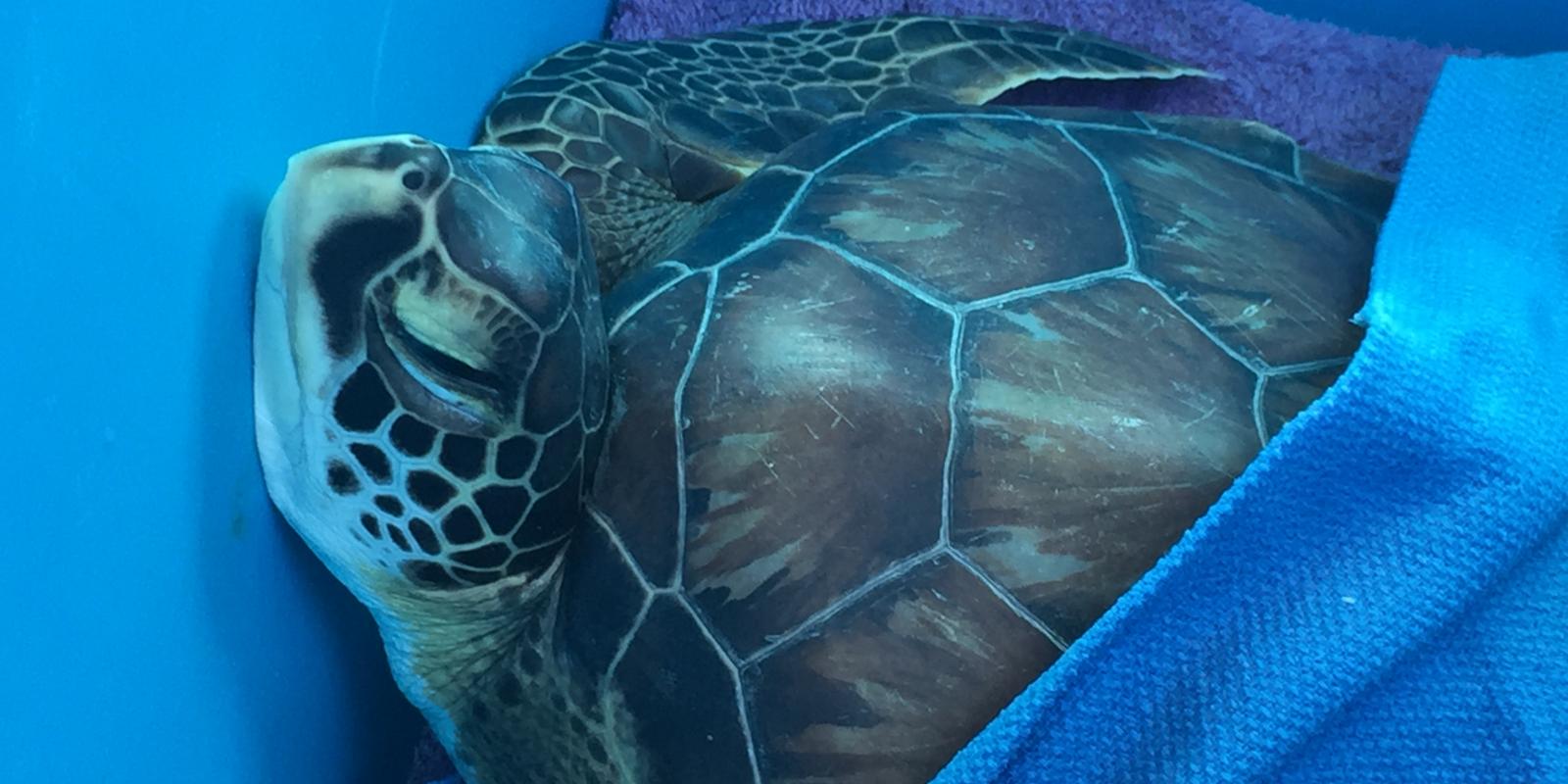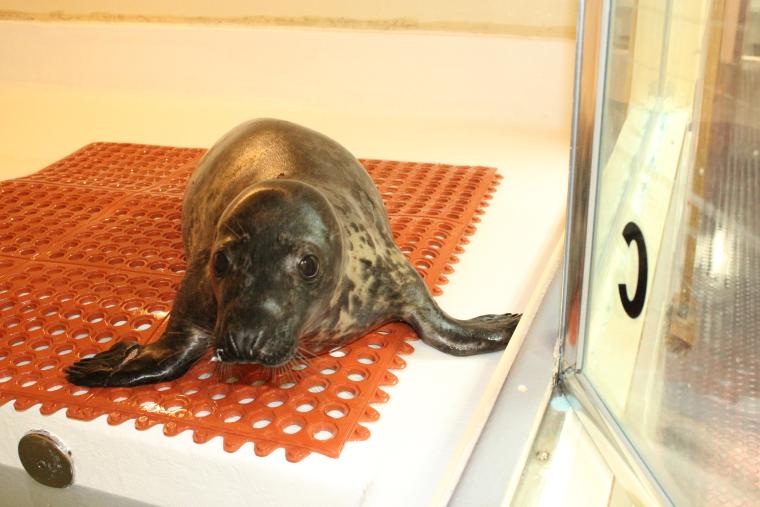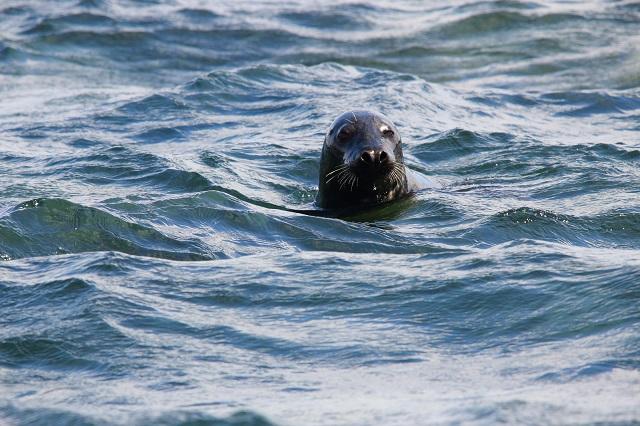
Marine Life Rescue Heroes
Saving Our Sea(Life)
April 27 is the officially designated as Marine Mammal Rescue Day across the nation, but for two organizations on different sides of the Delaware Bay that mission is far more often than just one day a year. Both the MERR Institute in Lewes, Delaware and the Marine Mammal Stranding Center in Brigantine, NJ are on call 24/7 to provide emergency care to marine mammals injured in local waters.
The MERR (Marine Education, Research and Rehabilitation) Institute provides rescue and care for turtles, dolphins and other marine mammals who are injured or ill and found on Delaware’s beaches. If the animal is severely hurt, emergency transport is provided over to the New Jersey side to Brigantine’s Mammal Stranding Center. If schedules and time permits, MERR’s volunteers drive the injured mammals to NJ via the Cape May-Lewes Ferry. It’s a shorter trip with less traffic noise and road bumps to disturb the wounded animals. Once rehabilitated, it’s also common to see happier trips such as with the turtle above where NJ volunteers return animals via the Ferry to their native waters in Delaware and points farther south including Virginia, and Maryland.
Related Post: Spotted: Delaware Bay Wildlife

According to MERR, accidents happen for many reasons – some natural and some man made. It’s far too common, particularly in the spring, to find a stranded seal with gashes that could occur from either shark attacks or run ins with propellers from private and commercial boats on the Bay.
Executive Director Suzanne Thurman notes that man made upsets can also occur on a much larger scale including recent initiatives to reinstate seismic testing for oil drilling on open waters on the eastern seaboard. “Blasts could affect more than 36 species of marine mammals and sea turtles along Delaware’s small coastline,” Thurman stated. She added that blasts can cause everything from severe hearing loss to mothers inadvertently abandoning their young.
The Marine Mammal Stranding Center(MMSC) has been in operation for more than 40 years, having assisted in close 6,000 strandings of large whales to smaller sea turtles who have come ashore due to distress situations. Directed by Bob Schoelkopf for the entire 40-year period, the center is designed to care for animals found in New Jersey only, but whenever necessary has opened its doors and full facilities to animals from other states such as the MERR rescues. Animals have come to the center from the full length of the U.S. eastern coastline -- Maine to Florida.

The MMSC goal is to rehabilitate animals in a humane and efficient way to return them to the wild in the shortest possible time. In extreme situations Schoelkopf states, "When animals may not be released (such as a disability), every effort is made to secure a proper, enriching facility to provide lifetime care."
When released, MMSC brings them as far north or south as possible to assist them on their way toward where they had been intending to go prior the incident that brought them into the facility for rehabilitation. In the case of the harbor seal shown above, she was picked up in Delaware in the spring, transported to MMSC, was undergoing rehabilitation in the ICU unit, and would be scheduled to transfer to a pool for strengthening and exercise after being cleared by a veterinarian. Ideally, she would then be transported to Sandy Hook, NJ in early summer to allow her intended migration north to cooler waters for the summer.
All marine mammals are federally protected and only organizations such as MERR and MMSC are authorized to pick up and handle the animals. When animals are stranded, both groups recommend that people do not approach the hurt mammals, but instead immediately call for assistance. Because these animals are wild, they can bite or cause more harm to both the person trying to assist as well as themselves. This recommendation also holds for deceased mammals that wash up on NJ and DE shores to allow the marine rescue teams to do clean necropsies and better understand issues affecting marine health in our local waters.
Both organizations are committed to ongoing research and public education on conservation and marine life issues on our coastal waterways. Many of the animals are endangered species, and both organizations are strongly committed to ongoing stewardship of the Bay, inland water and ocean habitats common to both states.
Volunteers are always needed to help with transporting and rescue duties and both organizations are supported by memberships and sponsor donations.
For more information:
| MERR | MMSC | |
|---|---|---|
| Web site | www.merrinstitute.org | https://mmsc.org |
| https://www.facebook.com/MERRInstitute/ | https://www.facebook.com/njmarinemammal/ | |
| Phone | 302-228-5029 | 609-266-0538 |
| [email protected] | [email protected] |
